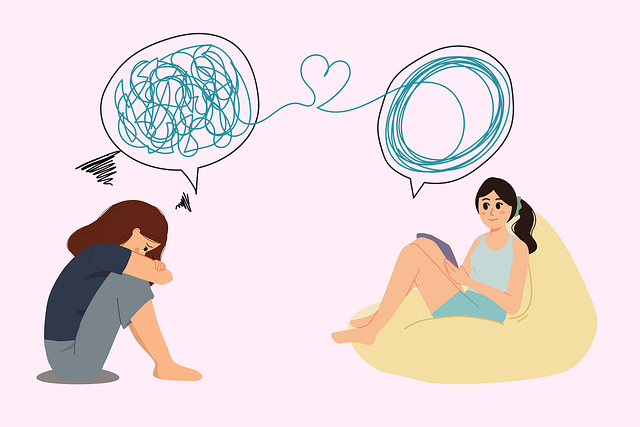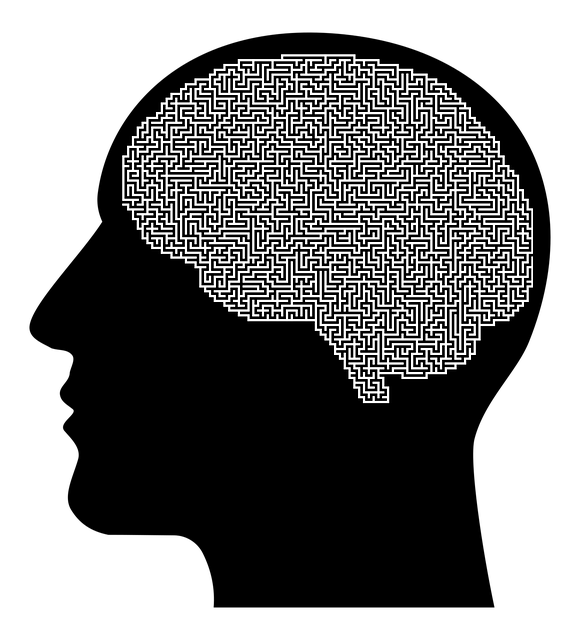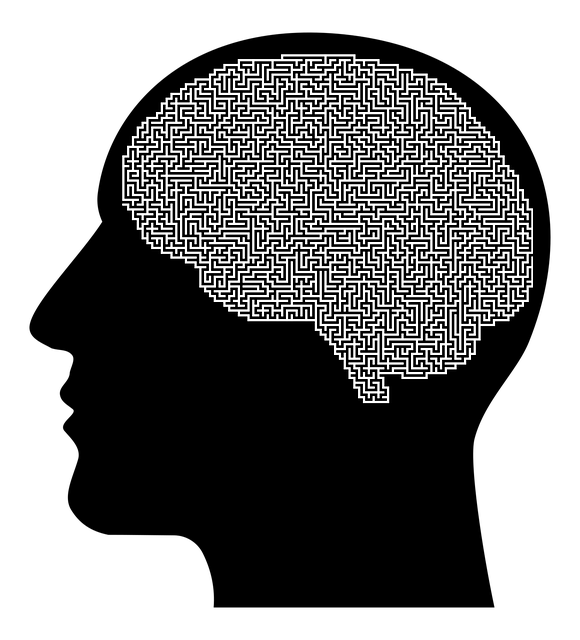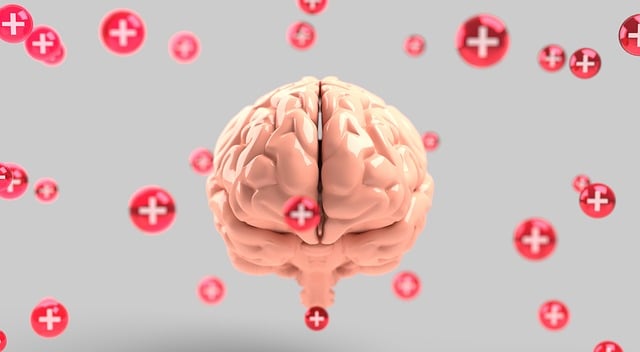Loss, grief, and bereavement are complex processes that vary greatly among individuals. Lafayette Domestic Violence Therapy recognizes these differences and offers specialized support through tailored counseling, cognitive-behavioral therapy (CBT), compassion cultivation, self-care practices, and mental wellness resources like the Mental Wellness Podcast Series. Their holistic approaches empower clients to navigate grief effectively, foster resilience, and promote overall emotional well-being at their own pace.
Grief and bereavement are powerful, often complex processes that can profoundly impact our lives. When loss strikes, understanding these emotions and finding support become crucial for healing. This article explores grief and bereavement counseling, offering insights into how professionals, like those at Lafayette Domestic Violence Therapy, create safe spaces for individuals to navigate their feelings after a profound loss. We’ll delve into the various aspects of grief, therapeutic techniques, and self-care strategies for long-term emotional well-being.
- Understanding Loss, Grief, and Bereavement: An Overview
- The Impact of Loss on Individuals and Relationships
- Lafayette Domestic Violence Therapy: A Safe Space for Healing
- Counseling Techniques for Navigating Grief and Bereavement
- Support Systems and Self-Care Strategies for Long-Term Healing
Understanding Loss, Grief, and Bereavement: An Overview

Loss, grief, and bereavement are complex processes that every individual experiences differently. Understanding these concepts is crucial for anyone seeking support, especially those considering Lafayette Domestic Violence Therapy. Loss refers to the absence or removal of something significant, whether it’s a loved one, a relationship, or a lifestyle. Grief is the emotional response to loss, characterized by feelings like sadness, anger, and confusion. It’s not simply mourning; it’s the journey of processing these emotions and adjusting to life without what was lost.
Bereavement, on the other hand, is the period after a significant loss during which individuals adapt to their new reality. It involves various stages, including denial, anger, bargaining, depression, and acceptance. Recognizing these stages and providing appropriate support can aid in the healing process. Moreover, integrating self-care practices and developing inner strength through healthcare provider cultural competency training can empower individuals to navigate grief more effectively, ensuring they receive the best care possible during challenging times.
The Impact of Loss on Individuals and Relationships

The impact of loss can be profoundly devastating, affecting individuals not only emotionally but also interpersonally. When someone experiences the death of a loved one or faces significant life changes, it can create a ripple effect across their relationships. At Lafayette Domestic Violence Therapy, we understand that grief and bereavement are unique journeys for everyone, and our counselors are dedicated to providing support tailored to individual needs. The loss of a partner, family member, or even a close friend can leave individuals feeling isolated, overwhelmed, and struggling to communicate their feelings effectively.
Strong relationships often become a source of comfort during trying times, but the process of grief can complicate this dynamic. Those who have experienced loss may find themselves withdrawing from social interactions or, conversely, seeking excessive company to numb the pain. Compassion cultivation practices and effective communication strategies are vital tools in navigating these complex emotions. Through counseling, individuals can learn healthy ways to express their feelings, strengthen bonds with loved ones, and cultivate mental wellness during the healing process.
Lafayette Domestic Violence Therapy: A Safe Space for Healing

In the heart of Lafayette, a safe haven has been established for individuals navigating the turbulent waters of loss, grief, and bereavement—Lafayette Domestic Violence Therapy. This therapeutic space is more than just a clinic; it’s a sanctuary designed to support and empower those dealing with profound emotional trauma. Through compassionate and skilled counseling, clients are guided on their journey towards healing and self-discovery. The therapists at Lafayette Domestic Violence Therapy understand that every person’s grief process is unique, offering tailored strategies to help individuals cope with loss in ways that feel right for them.
Beyond the direct support offered, Lafayette Domestic Violence Therapy also encourages mental wellness through its diverse services. The Mental Wellness Podcast Series Production, for instance, provides valuable resources for self-esteem improvement and positive thinking, complementing traditional counseling methods. By combining professional therapy with accessible media, this initiative ensures that individuals have multiple avenues to explore and enhance their emotional well-being, fostering a holistic approach to healing.
Counseling Techniques for Navigating Grief and Bereavement

Navigating grief and bereavement can be a complex and deeply personal journey, requiring sensitive counseling techniques to guide individuals through this challenging period. At Lafayette Domestic Violence Therapy, our therapists employ a range of strategies tailored to each client’s unique needs. These methods include cognitive-behavioral therapy (CBT), which helps individuals identify and challenge negative thought patterns associated with loss, fostering healthier coping mechanisms. By encouraging clients to express their emotions and memories, we facilitate a safe space for processing grief, whether it be through talking, writing, or creative expression.
Incorporating compassion cultivation practices and mental health policy analysis and advocacy, our counseling goes beyond the immediate pain. We empower individuals to build resilience by enhancing self-esteem and promoting compassionate self-care. Through these holistic approaches, clients are supported in finding meaning and purpose amidst their sorrow, allowing them to navigate the grief process with greater ease and eventually, healing.
Support Systems and Self-Care Strategies for Long-Term Healing

Healing from loss is a deeply personal journey, and building robust support systems plays a pivotal role in managing grief and fostering long-term emotional well-being. At Lafayette Domestic Violence Therapy, we recognize that everyone copes differently; thus, our counseling services cater to individual needs. This may involve connecting loved ones for shared support or encouraging individuals to explore self-care practices tailored to their unique experiences.
Embracing self-care strategies like mindfulness exercises, therapy, and engaging in activities that bring joy can significantly contribute to emotional intelligence development and mental illness stigma reduction efforts. By prioritizing both the mind and body, individuals can navigate the healing process at their own pace, ensuring they have the tools necessary to manage emotions effectively and promote overall happiness.
Grief is a complex process, and seeking support through counseling can be transformative. As discussed, understanding loss, recognizing its impact, and utilizing effective therapy techniques are vital steps towards healing. Lafayette Domestic Violence Therapy offers a safe haven for individuals navigating grief, providing specialized care tailored to their unique experiences. By combining various counseling methods and fostering strong support systems, one can find solace and rebuild their life after loss. Remember, healing is a journey, and with the right resources, it’s possible to embrace the future while honoring the past.












